Trump Mishandling of the Coronavirus
Donald Trump’s mishandling of the coronavirus has shattered his favorite argument for getting reelected: the strong economy and buoyant stock market. The payroll tax cut he floated on Monday and the tax filing deadline extension he floated Wednesday won’t repair the virus’s economic damage —nor will it obscure his culpability for recklessly cutting health funding and trying to downplay the risks.
Economic Impact of Trump Mishandling
Even before Trump’s dismal performance in this week’s Oval Office address rattled markets and sowed confusion and chaos, he had already contributed to strangling the bull market by sowing uncertainty. He repeatedly contradicted his public health officials about the virus’s reach in the U.S. His administration missed the bulk of U.S. cases, leaving us without an accurate estimate of how far the virus had spread. That made it impossible to gauge how aggressive we should be in taking precautions. So many people and companies are acting out of an abundance of caution, which itself fuels economic contraction.
Stock Market Reactions and Trump Mishandling
Trump depended on the stock market as a reason for voters to support him. So he sent National Economic Council Director Larry Kudlow to CNBC to restore confidence in stock values. Kudlow told investors “Stocks look pretty cheap to me,” and the markets “have gone too far.”
But Kudlow’s track record made his advice less than credible. Wall Street remembers the 2007 op-ed where he opined“the prosperity boom is alive and well… shares appear to be… 15 percent to 25 percent undervalued,” and he called the economy “solid.” Then the Great Recession of 2008 hit and the Dow Jones lost half its value.
In 2009 Kudlow criticized President Obama’s mortgage bailout as “a thinly disguised program… that redistributes income,” and added, “I say, let free-markets work.” But it’s now clear that the government bailout prevented the Great Recession from becoming a depression.
Trump Mishandling and Early Coronavirus Risks
Trump pointed to early coronavirus incidence and mortality rates in the U.S. (225 cases and 14 deaths on March 6) as evidence that the economic risks were low. Five days later, we have more than 1,700 cases and 40 deaths, and it’s evident that the economic risks are high.
Some economic forecasters estimated that if coronavirus became a pandemic, it could cost the global economy $1.1 trillion in lost income and shave 1.3 percent off global growth. WHO has now declared it a pandemic.
Global Economic Slowdown Due to Trump Mishandling
The Organization for Economic Cooperation and Development says global economic growth will slow sharply as governments around the world act to contain the disease, declining to 1.5 percent or lower if the virus spreads in Africa, Latin America and India.
Goldman Sachs predicts zero earnings growth for U.S. companies this year, based on “the severe decline in Chinese economic activity in Q1, lower end-demand for U.S. exporters, and disruption to the supply chain for many U.S. firms.”
China’s Economic Impact and Trump Mishandling
In China, quarantines and voluntary closures to contain the outbreak have left factories short of labor. That combined with a decline in consumer demand to trigger a string of corporate profit warnings and sales warnings across technology, automotive, consumer goods, pharmaceutical and other industries. Manufacturing suffered its steepest slump on record as China’s Purchasing Managers Index fell to its lowest level since 2004.
China’s economic slowdown could clip global economic growth this year by 0.2 percent — the slowest pace since the Great Recession. If companies can’t buy what they need from China, they will lose sales and profits and fire workers.
Effects of Trump Mishandling on Global Trade
For example in the UK, 24 percent of retailers are already suffering supply chain disruptions. Only 7 percent can change suppliers, and 45 percent have lost sales. If the crisis worsens, around a third of British consumers may avoid public transport, restaurants and cinemas. That’s a snapshot of what may be happening elsewhere.
Within China, mobility and work disruptions have also led to marked declines in demand, including for foreign goods and services. That is squeezing multinational companies in sectors including electronics, consumer and luxury goods, aviation, infrastructure, tourism, entertainment, and hospitality.
Trump Mishandling and the U.S. Auto Industry
Despite Trump’s conviction that China’s loss is Americas gain, a hit to China is a hit to the U.S, and U.S. car sales have already been hit. Last year, General Motors and Ford sold more cars in China than in the U.S. This year, their Chinese factories were closed by the government and just recently began to reopen. But most will have to contend with a severe shortage of workers and disrupted supply chains.
Trump Mishandling: Political and Economic Fallout
Having failed the country by trump mishandling the crisis, Trump retreated to a familiar line of defense: blaming the “Fake News Media” and a Democratic “hoax.” He even preposterously attributed the 1,000-point drop in the Dow Jones on Feb. 26 to the Feb. 25 Democratic candidates’ debate.
So far Trump’s base and Congressional Republicans have stuck with him despite his incompetence, corruption, coddling dictators, and hijacking U.S. policy for his own gain. But that was when the market and the economy still looked good and the lives of American civilians weren’t threatened. Now the question is, will voters and Republicans in Congress hold him accountable for a serious economic and public health crisis he could have contained?
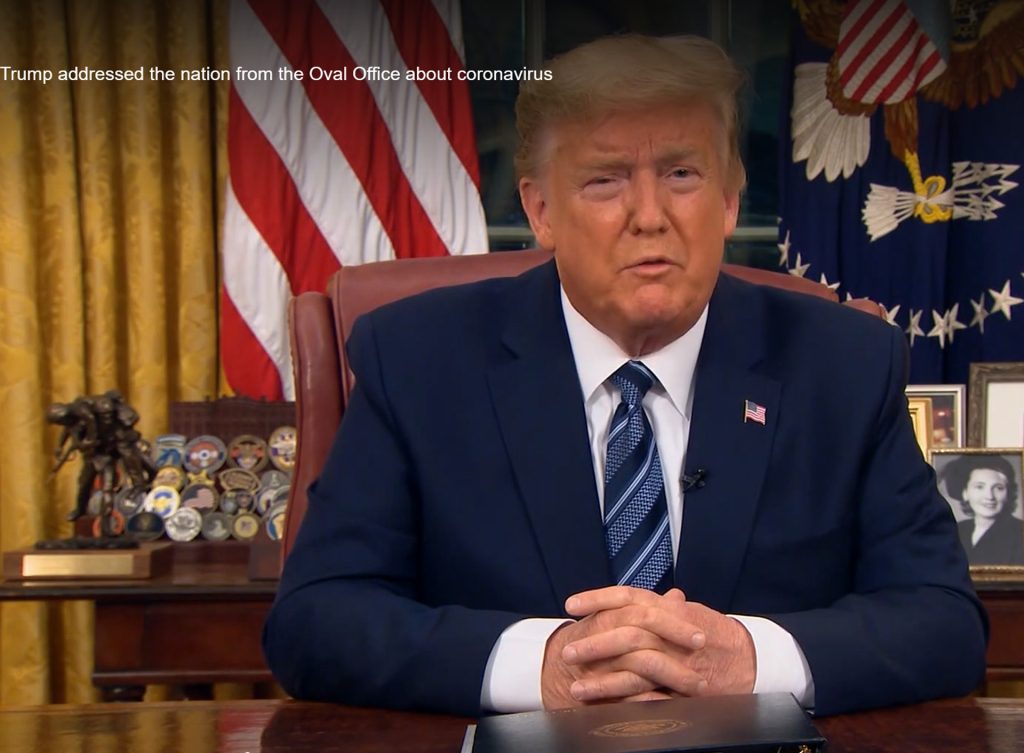


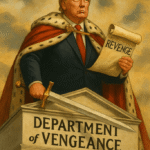

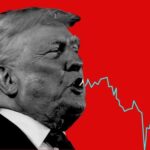
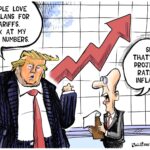
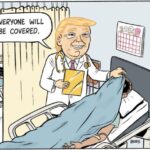
Your article helped me a lot, is there any more related content? Thanks!
Your article helped me a lot, is there any more related content? Thanks! https://accounts.binance.com/ro/register-person?ref=V3MG69RO
Thank you for your sharing. I am worried that I lack creative ideas. It is your article that makes me full of hope. Thank you. But, I have a question, can you help me?
Your article helped me a lot, is there any more related content? Thanks!
I don’t think the title of your article matches the content lol. Just kidding, mainly because I had some doubts after reading the article.
Can you be more specific about the content of your article? After reading it, I still have some doubts. Hope you can help me. https://accounts.binance.com/cs/register?ref=S5H7X3LP
Your point of view caught my eye and was very interesting. Thanks. I have a question for you.